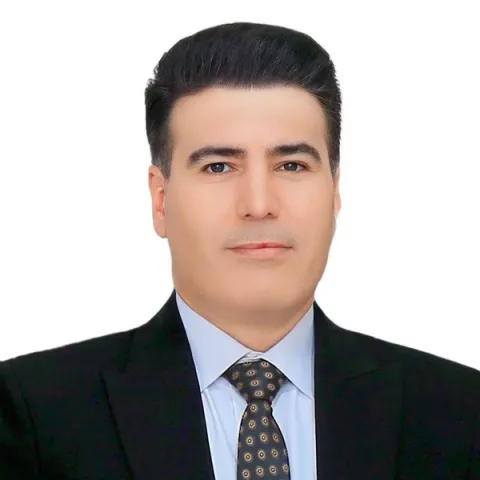About the project
The aim of this project is to design and pioneer groundbreaking space-time-modulated superconducting metasurfaces to overcome critical quantum computing limitations. This experimental-theoretical PhD will develop dynamic metasurfaces that enable all-to-all qubit connectivity, significantly enhance coherence, and suppress decoherence in next-generation quantum processors, working at the frontier of quantum technologies, quantum computing and electromagnetic engineering.
Quantum computing promises to revolutionize technology but faces critical challenges in qubit connectivity, decoherence, and scalability. Conventional quantum architectures suffer from limited nearest-neighbour interactions and vulnerability to environmental noise, which restricts their computational potential. This groundbreaking project will address these limitations by pioneering the development of space-time-varying superconducting metasurfaces, a transformative approach to quantum processor design.
You'll research, design, and experimentally validate innovative Josephson-based metasurfaces that enable polychromatic qubit coupling and nonreciprocal quantum state transmission. Unlike traditional static systems, these dynamic metasurfaces will facilitate frequency-selective interactions across qubit arrays, effectively transforming limited connectivity into all-to-all qubit interactions while simultaneously suppressing crosstalk and decoherence. This research will leverage advanced electromagnetic simulation tools, such as CST Studio Suite and COMSOL Multiphysics, theoretical modelling of wave-matter interactions in active quantum systems, and experimental characterization using cryogenic measurement techniques.
The project offers a unique opportunity to work at the intersection of quantum physics, advanced electromagnetics, and nanofabrication technology. You'll gain expertise in superconducting circuit design, cryogenic measurement techniques, and quantum system characterization while contributing to foundational knowledge for future quantum technologies (6G and beyond). This research has direct applications in enhancing quantum processing efficiency, enabling fault-tolerant quantum computation, and developing programmable quantum environments.
You'll join a vibrant research team with strong industrial and academic collaborations, including potential partnerships with leading quantum technology hubs. The project emphasizes both theoretical innovation and practical implementation, with access to state-of-the-art nanofabrication facilities and quantum characterization laboratories.
